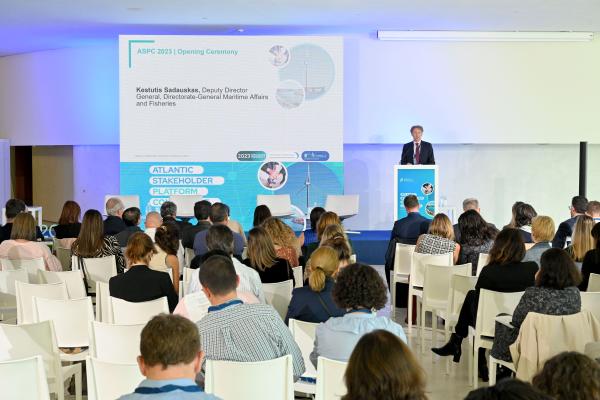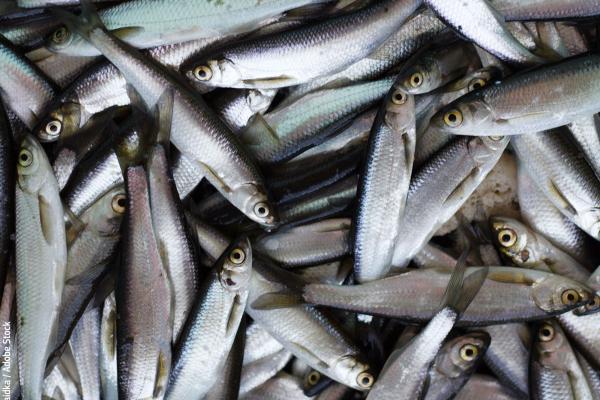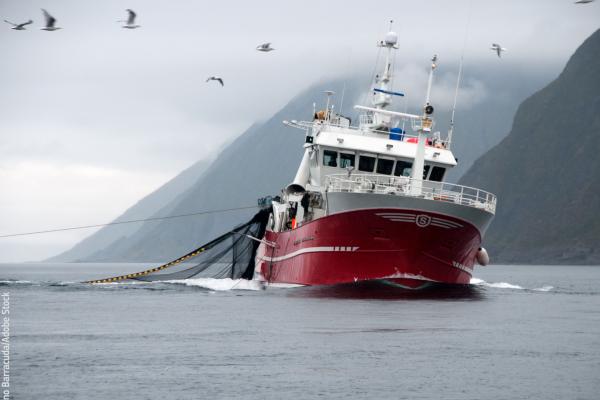The Atlantic area can make a significant contribution to the blue economy of the EU. According to the 2020 Blue Economy Report, it is the largest sea basin in terms of GVA (Gross Value Added), representing 36% of the EU blue economy GVA.
At the same time, the environmental and ecological stability of Europe's largest and most important ecosystem needs to be safeguarded for future generations.
Atlantic action plan
The purpose of the Atlantic action plan is to unlock the potential of blue economy in the Atlantic area while preserving marine ecosystems and contributing to climate change adaptation and mitigation.
This is in line with the global commitments for sustainable development and fully integrated in the European Commission’s political priorities for 2019 - 2024, notably a European Green Deal, an economy that works for people and a stronger Europe in the world.
The action plan aims to
- promote innovation
- contribute to the protection and improvement of the Atlantic’s marine and coastal environment
- improve connectivity
- create synergies for a socially inclusive and sustainable model of regional development
The action plan is implemented through Atlantic Assistance Mechanism which strengthens regional maritime cooperation among the participating countries, including coastal regions and stakeholders.
While contributing to offset the adverse socio-economic impact of the Covid-19 crisis, the updated (2020) Atlantic action plan addresses some of the great challenges structured around blue economy in 4 thematic pillars
- Atlantic ports as gateways and hubs for the blue economy
- marine renewable energy
- blue skills of the future and ocean literacy
- healthy ocean and resilient coasts
There is also a strong international dimension as the action plan focusses on research and innovation under The Atlantic Ocean Research Alliance which includes USA, Canada, Brazil and South Africa.
Achievements and financial opportunities
Since its adoption, the Atlantic strategy has achieved impressive results: 1,200 maritime projects primarily targeting environmental protection, improved connectivity and social inclusion in the Atlantic area have been launched, representing investments of nearly €6 billion which includes funding from the EU, the European Investment Bank and national, regional and private sources.
The maritime datahub is an interactive tool created by EASME offering information on Atlantic maritime projects.
The main sources of funding are
- European Structural and Investment Funds
- European Maritime, Fisheries and Aquaculture Fund (EMFAF)
- national and regional funding
- Horizon Europe
- Connecting Europe Facility
- LIFE programme
- InvestEU programme for decarbonisation and the circular economy



